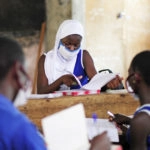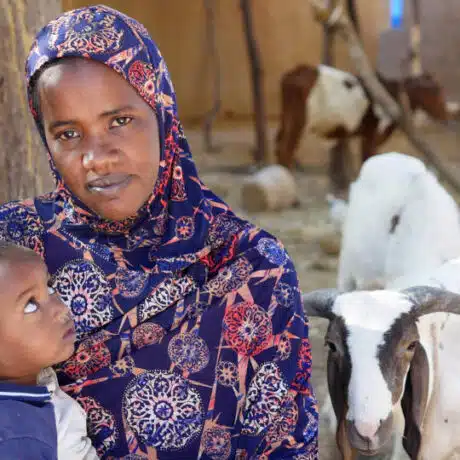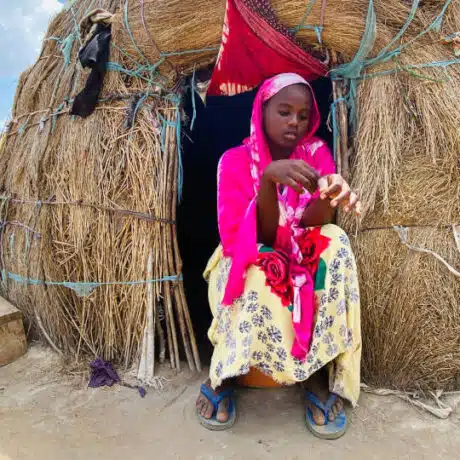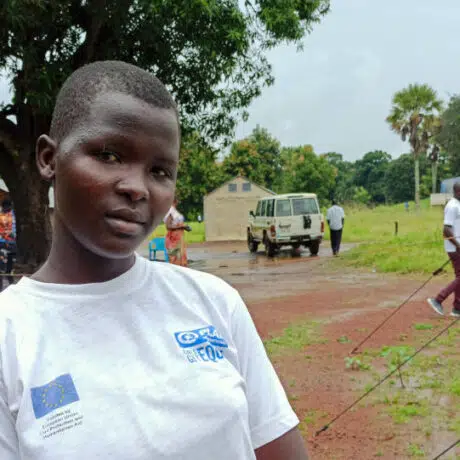News and Stories - Education - 16 March 2021
Smart, Successful, Strong
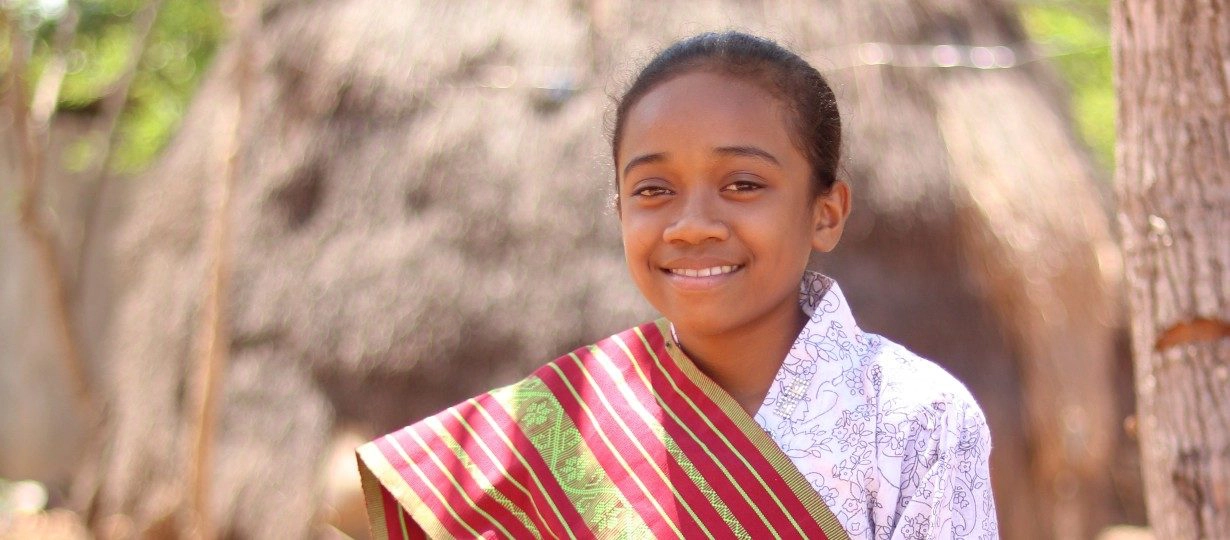
The case for investing in adolescent girls’ education in aid and COVID-19 response and recovery
To mark the release of our latest report, ‘Smart, Successful, Strong: The case for investing in adolescent girls’ education in aid and COVID-19 response and recovery‘ we’re spotlighting the foreword written by girls from Indonesia, Vietnam and Kiribati.
Education is the key to a level playing field for all. It provides us with knowledge about the world. It paves the way for a good career. It helps build our characters. And when girls’ are educated, it can improve economic development, reduce inequality, and help build a more stable and resilient society so that all individuals have the opportunity to realize their potential. But due to the impacts of COVID-19, girls are missing out.
During lockdown, we face a higher risk of violence and harmful practices. The economic impacts of the pandemic are causing us to put our education and our hopes and dreams on hold, to help ease the financial burden, and girls are dropping out and getting married early. Some of us may never have the opportunity to return to school.
Many of us lack internet access and devices, so we cannot study, even if online learning is an option. And if we do have internet access, we still struggle to keep up with school work because we often have to deal with the burden of housework too.
School closures has changed the way we socialize with our friends and learn, there’s more pressure and it has affected our mental health.
It’s likely that students will still be doing online classes for awhile, so solutions for the problems are needed to make it more effective and less of a burden.
We can’t stand alone, we need help from others, and that’s why this girls’ education report is so important.
The Smart, Successful, Strong report provides evidence of how COVID-19 has interrupted girls’ path to education, and gives a voice to the young women who are facing these obstacles. As girls and young women, we often don’t get to have a say in the decisions that affect our lives; this report is important because it gives us a chance to be heard.
The world needs to know what girls are facing to eliminate problems. No one knows what girls are dealing with better than themselves and that’s why we need to listen to girls’ voices and amplify them, to inform world leaders or power holders.
We will not be silenced. We are here to ask for our rights, and power holders need to actively listen to girls’ voices when it comes to decision making. We need to make sure girls’ education is not ignored or excluded during the process of building back a better normal after COVID-19, so that all girls are free to discover their potential.
Education doesn’t just transform our lives, but it also transforms our families, our communities, our countries, and even the world. It’s the key to a brighter future and better world.
Written by Difon, (17 years old, Indonesia), Vania (17 years old, Indonesia), Nhi (19 years old, Vietnam), Duong Phuong Anh (22 years old, Vietnam), Tebwebwe Terikaua (20 years old, Kiribati) and Taarawa Ukenio (25, Kiribati).
READ THE FULL REPORT
Girls’ vision: “All adolescent girls must be able to complete their education, including being able to return to school if the pandemic has pushed them out of the classroom.”
Through workshops in Indonesia, Vietnam and Kiribati, we asked girls to provide their recommendations for donors and decision-makers to create equal access to quality and inclusive secondary education for all girls.
This was the message that the girls we spoke with issued, loud and clear. They want to see gender equality in education; they want schools to be able to ‘build back equal’.
In particular they called on donors and decision-makers to invest in initiatives that:
- Educate girls, families and communities about their right to complete 12 years of education, including an end to child, early and forced marriage/unions
- Bridge the digital divide
- Provide age and gender appropriate support for girls’ mental health and emotional wellbeing
- Create more opportunities that enable girls to be leaders
- Provide girls living with a disability with the same opportunities to access and complete education as all learners
- Rebuild the education system to promote values-based learning that encourages and teaches diversity and inclusion, respect and care for each other, so that schools are more welcoming environments for all and free from discrimination, gender-based violence and harassment
- Remove financial barriers to accessing or completing education, and ensure all schools have access to the same level of resources
- Ensure girls’ voices and views are central to decision-making, with school systems and curriculums co-designed with young people and participatory policy making processes
- Embed comprehensive sexuality education in formal and informal education settings and ensure it is accessible for all children, adolescents and young people
- Ensure schools are more environmentally-friendly and teach climate change and action
Education is everything. It unlocks doors and dreams, and unleashes potential. When girls have the chance to be educated, the barriers they face to equality are much easier to break – both for themselves and for future generations.
Recommendations for Australia’s Aid and Development program
Australian Government’s Partnerships for Recovery — Australia’s COVID-19 Development Response — recognises that education is central to maintaining stability and promoting economic recovery in the Indo-Pacific region, and reaffirms Australia’s strong commitment to enhancing gender equality and prioritising the needs of those most marginalised, including women and girls.
However, the Smart, Successful, Strong report highlights the ways in which the right to complete secondary education is shifting further out of reach for millions of adolescent girls in South East Asia and the Pacific as education systems are disrupted and families and communities descend into poverty and hardship.
The report sets out the following recommendations for Australia’s Aid and Development program:
- Australia must increase its investment in education aid in the May 2021 budget by reinvesting the regional scholarships fund of $66m into education aid – with a focus on initiatives that will strengthen secondary education systems and address barriers that have pushed girls out of school during the pandemic.
- The Australian Government must rebuild its standing as a leading bilateral donor to the Global Partnership for Education (GPE), committing to a replenishment of $70m in the May 2021 budget.
- The new Pacific Women Lead program (currently being redesigned) must include both a stand-alone adolescent girls program with a focus on secondary education as well as mainstreaming adolescent girls across the new program.
- Australia must play a leading role in advocating for and supporting countries in the region to prioritise education as a key component of COVID-19 response and recovery through its bilateral partnerships.


